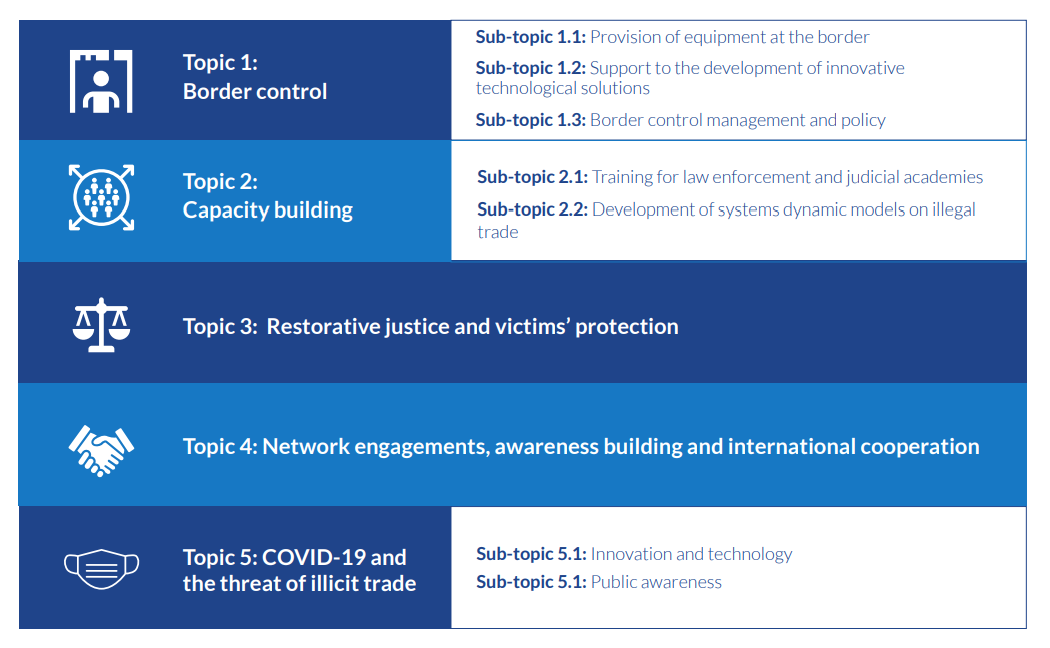Restorative justice programmes (RJP) refer to a range of initiatives to allow victims and offenders and their families to repair the emotional harm caused by a crime. RJP are provided both by the Justice Administration and by non-governmental organizations (NGOs). RJP are based on the fundamental principle that criminal behavior not only violates the law, but also injures victims and the community1 . RJP is often based on cooperative processes that allows victims and offenders and their families to meet.
A central aspect of the concept is its integral approach: 1) it provides an opportunity for victims to obtain reparation, feel safer and seek closure; 2) it allows offenders to gain insight into the causes and effects of their behavior and to take responsibility in a meaningful way2 . This in turn can facilitate reintegration; 3) it enables communities to understand the underlying causes of crime, to promote community wellbeing and to prevent crime.
The proposed project could support NGOs implementing specific initiatives in the field of restorative justice. It could also be projects implemented by justice authorities and aiming at reinforcing their Human Rights and Restorative Justice capacity.
Victims support refers to the services provided by governmental and nongovernmental actors to the victims of crime. Services provided usually include information relevant to the rights of the victims, information on specialized support services, emotional support, financial and legal advices, and advises to prevent repeat victimization. In some case it can also include childcare or emergency accommodation (shelters) for victims.
The Third of Funding Round of PMI IMPACT will focus on the victims of illegal trade. Projects could include the renovation of victim support facilities, the training of staff at victim's centers, the awareness of judiciary and police officers on the right of victims and other.
-------------------------------------------------------------------








 About PMI IMPACT
About PMI IMPACT